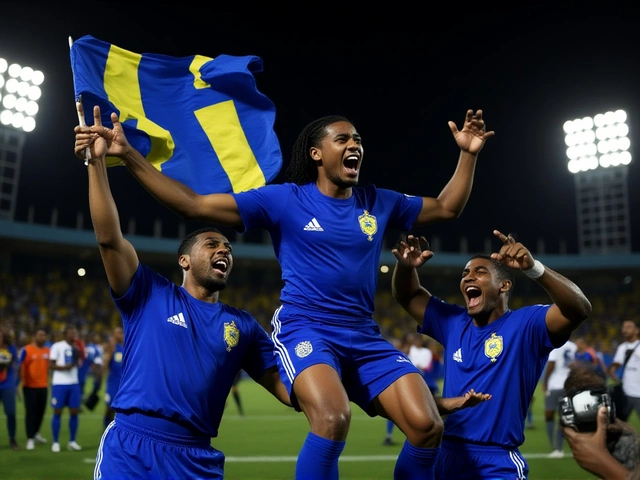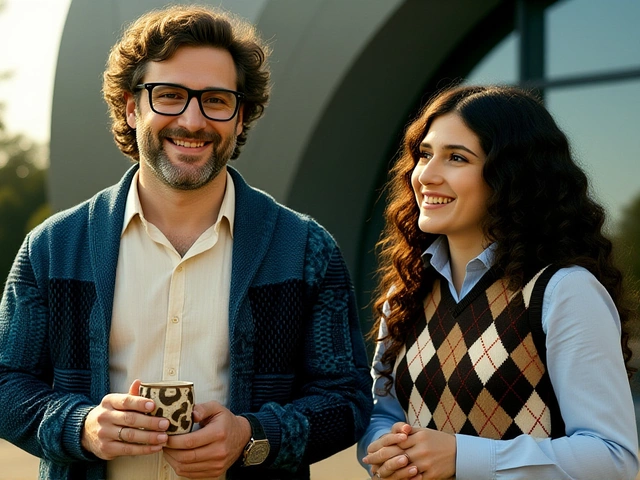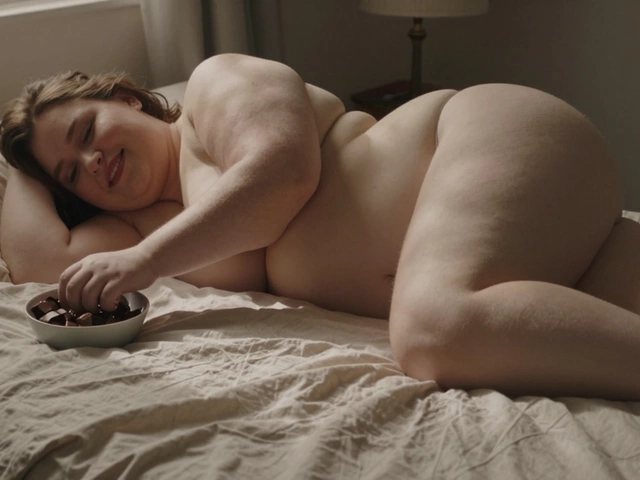On a rain-slicked night in Kingston, with 30,000 hearts pounding in unison, Jamaica’s World Cup dreams evaporated—not with a bang, but with three clangs off the post, a red card, and a last-ditch header that saved a nation’s history. The CONCACAF Final Round Qualifying Group B finale on Thursday, November 21, 2025, National Stadium, Kingston ended 0-0, but the real score was 12 to 11: Curaçao advanced to their first-ever FIFA World Cup, while Jamaica was left staring at another 28-year drought since their last appearance in 1998.
The Woodwork That Broke a Nation
It wasn’t for lack of effort. Jamaica dominated possession, pressed high, and carved out chances that would have sent any other team to the World Cup. But the ball refused to go in. Three times, Renaldo Cephas and Dujuan "Whisper" Richards struck the crossbar or upright—each clang echoing louder than the last. The third came in the 87th minute, a curling effort from the edge of the box that rattled the post and bounced back into the arms of a stunned defense. "The third time Jamaica have hit the woodwork tonight," muttered CBS Sports’ Golazo commentator, as if even the broadcast team couldn’t believe it.
Then came the red card. With seven minutes left, defender John Russell—a rock in central defense all night—lunged into a challenge that VAR deemed a second yellow. The referee didn’t hesitate. The stadium fell silent. Jamaica, down to ten men, had to defend for three more minutes with their goalkeeper, Andre Blake, already in the opponent’s box for a corner. When the ball finally came in, it was Abyspo of Curaçao, not a striker, but a center-back, who rose above the chaos and cleared it with his forehead. The final whistle blew. No celebration. Just relief.
A Nation That Almost Made It
Jamaica entered this match with an 11-point record—three wins, one draw, one loss. They’d beaten Trinidad and Tobago twice, crushed Bermuda 4-0, and even held the U.S. to a draw in 2014. Their squad had experience: Blake, 34, was one of the most reliable goalkeepers in CONCACAF. Cephas, 28, had netted twice in qualifying. Richards, 23, had electrified the crowd in their 4-0 win over Bermuda. Yet, the midfield, missing key players like Cheick Diabaté and Jahmari Clarke due to injury and suspension, couldn’t control tempo. "The midfield was key to that failure," noted The Sports Club Podcast in their October 16 analysis. And it showed.
Meanwhile, Curaçao, a team with fewer than 200,000 people, had quietly built something special. Their 7-0 demolition of Bermuda was a statement. Juninho Bacuna, 27, had scored five goals in qualifying—his highest ever. Leandro Bacuna, 29, added three more. They didn’t dazzle, but they didn’t break. They absorbed pressure. They defended with grit. And when the moment came, they didn’t flinch.
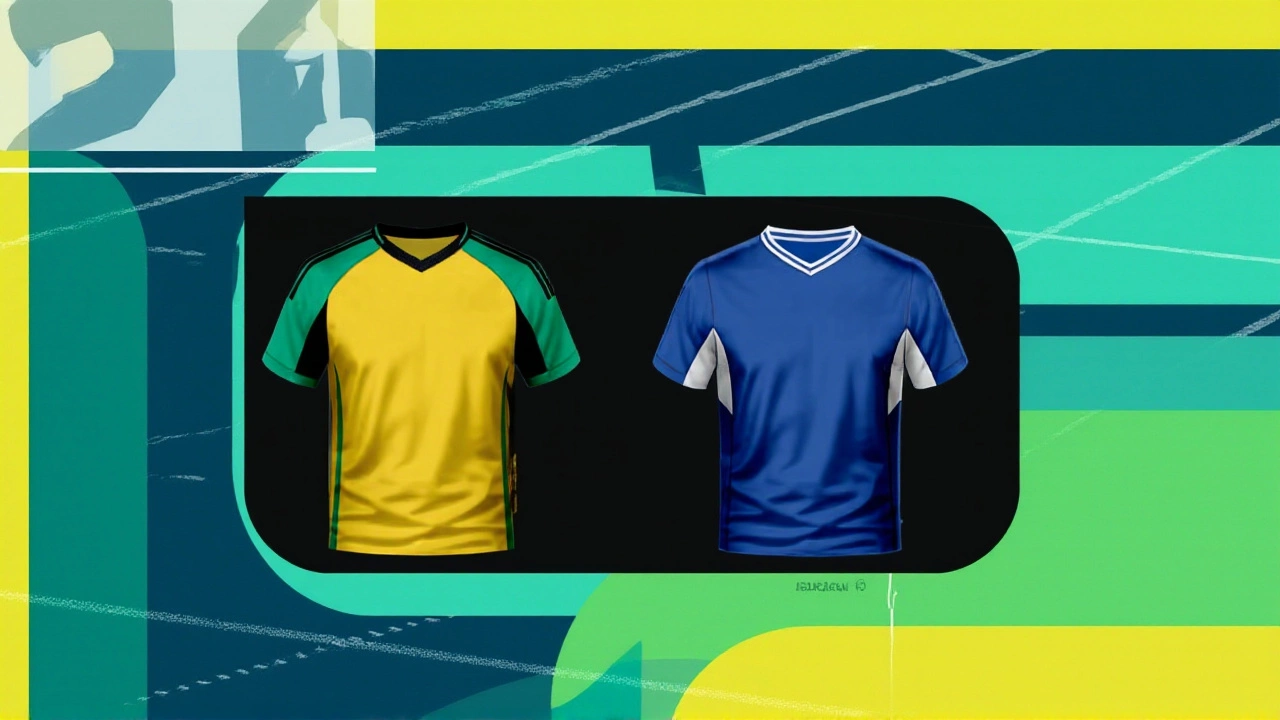
VAR, Chaos, and the Weight of History
The match was officiated under a microscope. VAR intervened twice—once to overturn a Jamaica penalty claim after a handball in the box, and again to confirm Russell’s second yellow. "It felt like chaos," wrote Caribbean National Weekly in their headline. Fans in the stands shouted for consistency. Some accused the officials of favoring the visitors. Others said the system was just too slow, too inconsistent. No one knew what to believe anymore.
And then there was the history. Jamaica had come so close before. In 2014, they nearly qualified, losing on goal difference. In 2018, they lost to Honduras in a playoff. But this? This was different. This was home. This was Kingston. This was the final game. And the weight of 28 years of near-misses—six Caribbean Cup titles, thirteen Gold Cup appearances, two runner-up finishes—crushed them.
Curaçao’s Moment: A Blue Wave on the World Stage
Curaçao, a Dutch Caribbean island, now joins Trinidad and Tobago (2006) and Jamaica (1998) as the only Caribbean nations to reach the World Cup. Their qualification isn’t just a surprise—it’s a seismic shift. For years, they were seen as underdogs. Now, they’re pioneers. "A blue wave is heading to the World Cup," said one commentator on YouTube. "They’re joining Uzbekistan, Jordan, Cape Verde—not as outsiders, but as contenders."
Their path wasn’t glamorous. No stars from Europe’s top leagues. No billionaire owners. Just disciplined coaching, youth development, and a belief that had been building since their 2017 CONCACAF Gold Cup run. Now, they’ll play in the 2026 tournament alongside the U.S., Canada, and Mexico. And for the first time ever, their flag will fly on the world’s biggest stage.
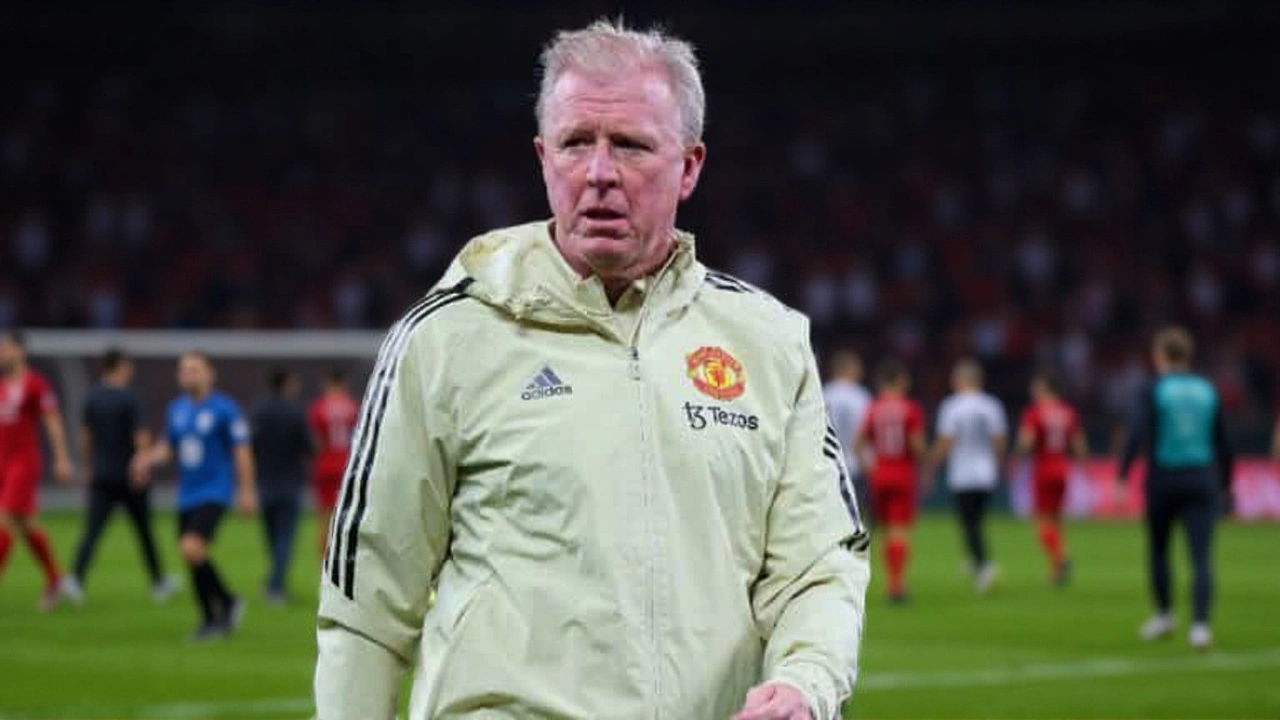
What Comes Next for Jamaica?
The fallout is immediate. Fans are calling for the resignation of head coach Alex Pineda Chacón. The Jamaica Football Federation has promised a "thorough review" of the qualifying campaign. But the real question isn’t about personnel—it’s about structure. Why do the Reggae Boyz always come so close, only to fall short? Why does talent vanish under pressure? Why does the midfield always buckle when it matters most?
Some point to the lack of domestic league investment. Others blame the over-reliance on players based in Europe, who rarely play together. The truth? Jamaica needs a long-term plan—not just for the next World Cup, but for the next generation. Without it, this heartbreak won’t be an anomaly. It’ll be the norm.
Frequently Asked Questions
How did Curaçao manage to qualify for their first World Cup despite being a small nation?
Curaçao’s success came from consistent youth development, tactical discipline, and strong leadership under coach Ricardo van den Bos. They prioritized team cohesion over star power, with players from the Dutch Eredivisie and lower European leagues forming a tight unit. Their 7-0 win over Bermuda and narrow 2-0 victory over Jamaica in October proved they could win under pressure. Their 12-point finish—just one ahead of Jamaica—was built on resilience, not luck.
Why did Jamaica fail despite having a stronger historical record?
Jamaica’s past success—six Caribbean Cups, two Gold Cup finals—was built on different eras with different talent. This squad lacked midfield continuity, with key players injured or suspended. They relied too heavily on individual brilliance rather than system play. Their three woodwork hits weren’t bad luck—they were symptoms of poor finishing under pressure. Meanwhile, Curaçao executed their game plan perfectly, even when outnumbered.
What role did VAR play in Jamaica’s elimination?
VAR overturned a potential penalty for Jamaica after a handball in the box and confirmed John Russell’s second yellow card, both of which shifted momentum. While VAR didn’t directly cause the loss, its inconsistent application fueled frustration. No clear goal was disallowed, but the timing of interventions—especially the red card—left Jamaica without a chance to equalize. Many fans believe the system, while technically correct, lacked the human nuance needed in such a high-stakes match.
Who are the key players on Curaçao’s World Cup-bound team?
Juninho Bacuna, 27, led the team with five qualifying goals, including three in the 2026 cycle—his career best. Leandro Bacuna, 29, added three goals and provided crucial midfield control. Goalkeeper Jens Toornstra kept three clean sheets in six matches. Defender Abyspo, who cleared the final corner, was named Man of the Match. Their squad is a blend of Dutch-trained players and local talent, proving that size doesn’t limit ambition.
When will Jamaica next have a realistic chance to qualify for the World Cup?
The next qualifying cycle begins in 2029 for the 2030 World Cup. With the tournament expanding to 48 teams, CONCACAF will get six automatic spots and one playoff spot—giving Jamaica a better shot. But they’ll need to rebuild their youth system, strengthen their domestic league, and develop midfield depth. Without structural reform, their next opportunity may come and go just like this one.
What does this mean for Caribbean football as a whole?
Curaçao’s qualification proves that Caribbean nations can compete at the highest level—even without massive resources. It’s a blueprint: invest in youth, foster unity, and prioritize consistency over flash. Jamaica’s heartbreak isn’t just a loss—it’s a wake-up call. If the region’s football federations don’t act now, the next World Cup may see three Caribbean teams, not one. And Jamaica could be left behind again.
